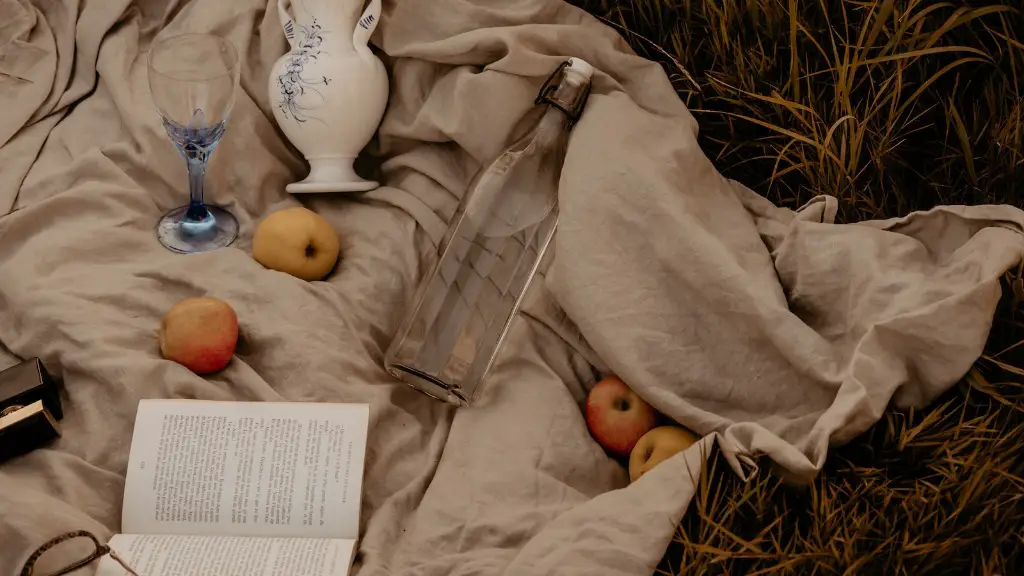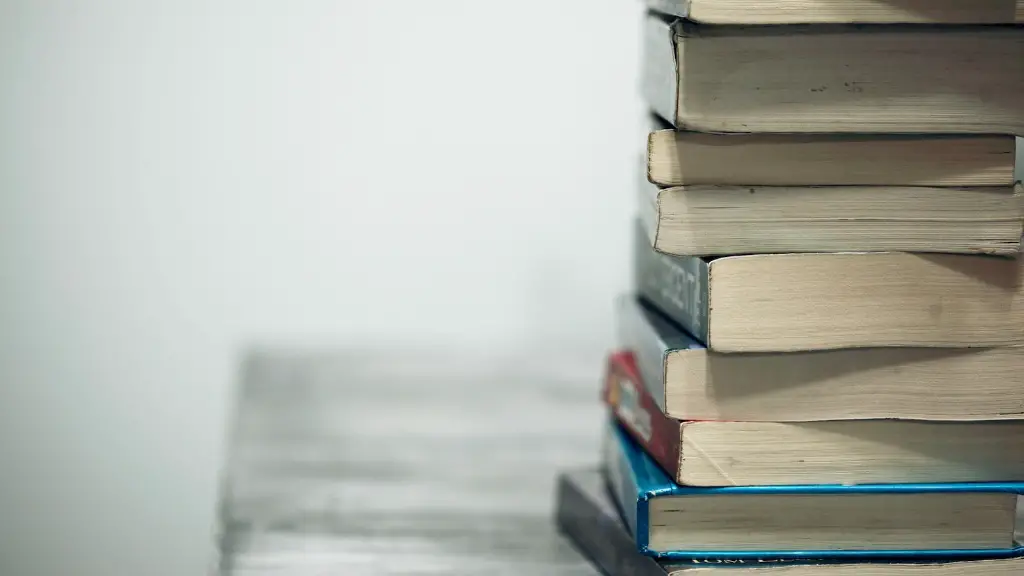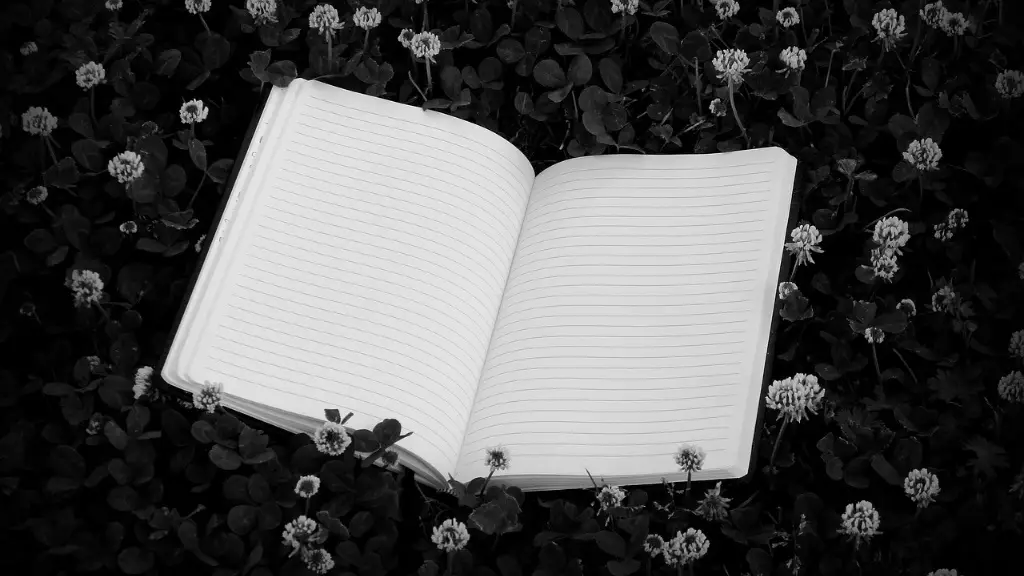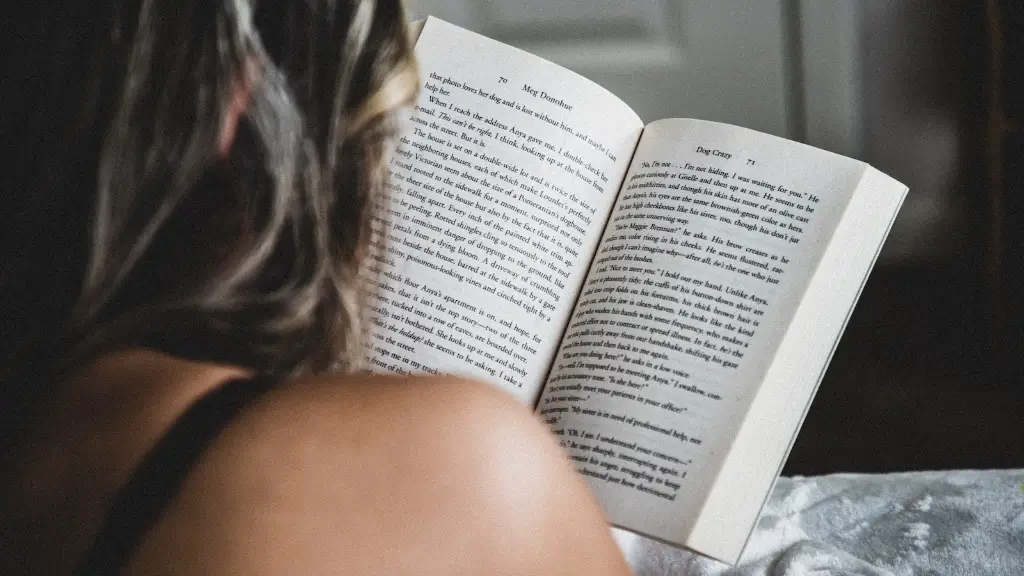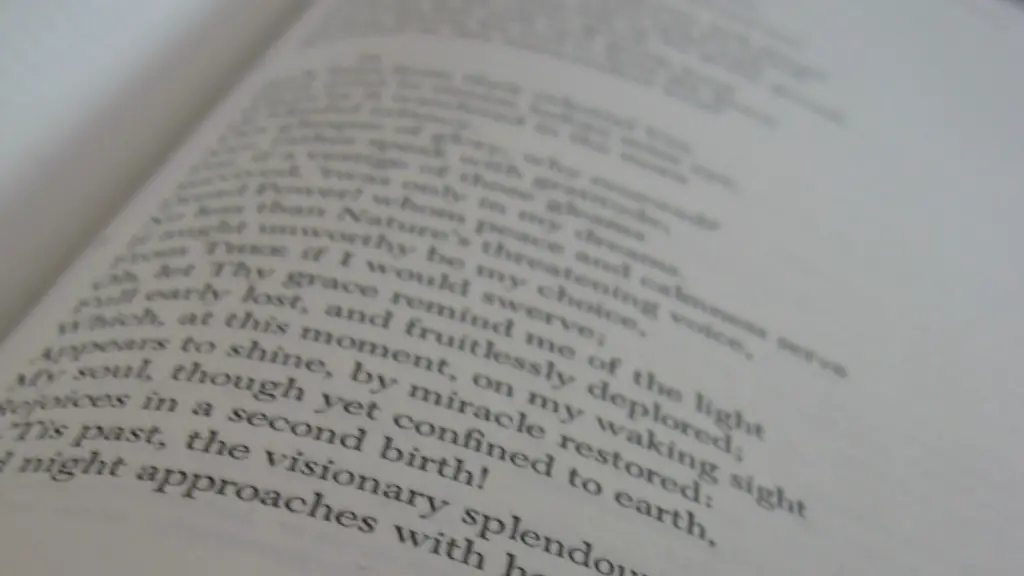For thousands of years, mankind has expressed itself in the form of poetry. But how was it invented? Poetry has its origins in oral literary traditions, which means that it has no defined origin. This is arguably part of its beauty, with it having seamlessly been passed down in a tradition of intermingled rhythms and metaphorical expressions, which are often used to express emotion and connect with others.
Poetry can be traced as far back to pre-historic times when the first units of language, such as those found in Australian Aboriginal Dreamtime poetry, began to be used for ritualistic and ceremonial purposes. These expressions were thought to carry spiritual or emotional significance, and their meanings and use would be passed from generation to generation.
As the development of culture worldwide began to mature, poetry evolved to become a vessel for stories, philosophy and cultural values. Early Indo-Europeans used epic poems such as the Iliad and the Odyssey to record their history and express their sense of national identity. In the East, Chinese poetry written by Confucius had a profound role in the formation of the Chinese state. Similarly, the ancient Hebrews used the Psalms of King David to chronicle the history and aspirations of the new nation of Israel.
In modern times too, many of the world’s greatest writers, including William Wordsworth and T.S. Eliot, have drawn inspiration from the spiritual and cultural foundations established by the oral tradition of poetry. Wordsworth and Eliot’s works, like those before them, place great emphasis on the use of poetic language and imagery to emotionally resonate with the reader. Wordsworth believed that poetry should contain thoughts and images, as well as emotions, to create a ‘powerful and lasting impression upon the reader’. He adds that it should also ‘stimulate wholesome thought.’
It is clear that poetry has long been the chosen form for people hoping to honour their cultural heritage, convey their spiritual beliefs and express their deepest emotions. Through the process of oral transmission, it has become part of the human experience to use poetic language for expression, reflection and understanding. It is about more than just words on a page; it is about understanding the connection between the words, the people and the emotions that evolve from them.
The Power Of Poetry
What makes poetry so powerful? It is hard to explain, but poetry provides a kind of emotional and spiritual nourishment, which is beyond ordinary human understanding. Poetry has the power to bring people to new levels of awareness and reflection. Words often transcend literal understanding, as poets reach into hidden corners of the psyche to take the reader to places beyond mundane thought. Poetry can be a source of comfort and understanding and can provide direction, motivation and meaning in life.
Coupled with this, poetry tap into the way humans communicate on an emotional level. Each poet has their own way of conveying their meaning and the impact of these words is felt by the reader. Poetry often reduces complex, confusing emotions into words which can be felt, shared and felt by others. In many ways, poetry is like a bridge that transcends language and culture. It is a key to understanding the heart and soul of humanity.
What makes poetry so effective is that it often leads to an indescribable kind of communication. Without a doubt, poetry has the power to create an emotional connection that is often impossible to achieve through words. While some words and phrases may unlock emotions, it is often the combination of words, images, and rhythm that ultimately creates an emotional impact. When reading poetry, the reader is exposed to beauty, metaphor and symbolism that has the potential to take one on an emotional journey.
The Role Of Poetry In Society
Throughout history, poets have often served as cultural cornerstones in their societies. They used their works to comment on the state of the world, challenge conventions, and reflect the zeitgeist of their times. Lucille Clifton, an African American poet laureate, was known for her outspokenness and her boldness in addressing a range of topics, from racism and war to poverty and the struggle for equal rights.
In the modern age too, poetry is still used to help give a voice to those who feel voiceless and marginalized, or to those whose voices are silenced. With its ability to transcend language and culture, it is no surprise that poetry is often used to bring attention to issues of social justice and equality. Poetry can also be used to encourage critical thinking and to inspire people to action.
Finally, poetry is also used as a form of therapy. For those who are struggling with struggles of their own, poetry can provide an invaluable means of expression and understanding. It can be used to explore and make sense of difficult feelings, enabling the thoughts to be channeled in meaningful ways. In this way, poetry can offer solace and hope, fostering connection and understanding between individuals.
The Future Of Poetry
Today, poetry is experiencing a tremendous resurgence in popularity. Social media platforms have provided new channels for people to share their work. There is also an increased appreciation of poetic form and genre, with spoken word movements and other public performances providing a renewed platform for poets to express themselves.
Many of the world’s leading poets, including Bell Hooks and Eve Ensler, are using the power of poetry to bring attention to important issues. Women poets are using the form to respond to the #MeToo Movement and to tackle taboos around gender, sexuality, and privilege. Public readings and competitions are becoming more popular, providing fresh audiences for poetry.
As the world continues to evolve, it is likely that poetry will continue to grow in its influence and reach. Poetry remains an immensely powerful form of expression, and its future is undoubtedly bright.
The Importance Of Poetry In Education
In educational institutions, poetry remains a powerful tool for fostering critical thinking and engaging with literature in a meaningful way. Poetry can help students to make sense of their own experiences, give them a greater appreciation for literature, and help them to make connections with their own history and culture. By exploring a range of poetic texts, students can relate to new ideas and extend their knowledge beyond the classroom.
Furthermore, using poetry in the classroom can promote creative writing. Through poetry, students are encouraged to use language in expressive and imaginative ways, and to develop their own unique styles and voices. Finally, poetry can also be used to promote empathy and understanding, as students learn to listen and respond to each other’s ideas in a supportive environment.
For all these reasons, poetry remains an important part of the school curriculum. It can be used to build bridges between different cultures, to promote dialogue and understanding, and to give students a platform to express themselves and their ideas.
The Significance Of Poetry
It is evident that poetry has played a vital role in the development of human history. Its influence has been felt all around the world as a means of communication, an art form, an expression of spirituality, and a form of therapy. Poetry has been used to build understanding, to promote critical thought, and to create a common ground for understanding between people.
The power of poetry lies in its ability to unlock emotions, to look into the deep corners of the psyche, and to provide insight into the human condition. It is a powerful form of communication that can cross cultures, break down barriers, and ignite conflicts. As the world becomes ever more complex and intertwined, it is likely that the role of poetry and its importance in culture will continue to remain a source of profound influence.
